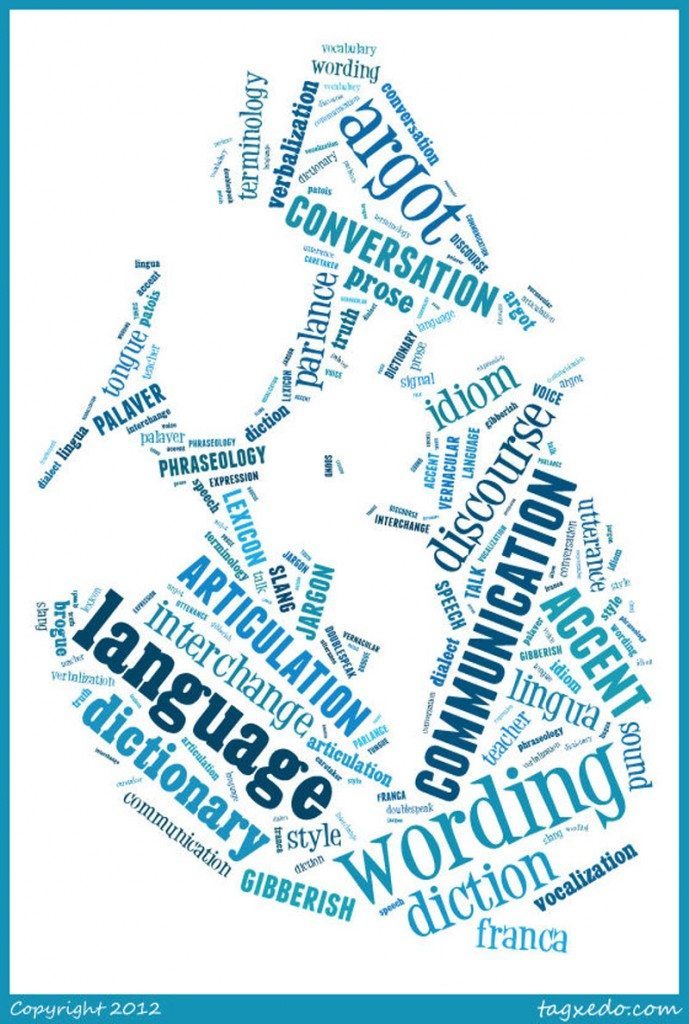The Reasons Why I Became An English Teacher
More than one person has told me that becoming an English teacher was a bad career choice. There are too many English teachers looking for work today, they explained. However, my decision to become an English teacher was not based on the job market but rather on where I think I best fit in the grand scheme of things. If language is at the heart of everything we do, then I want to be in the middle of the action, helping others learn to use language well.
That brings me to a series of current events in which language has played an extremely important part: The Presidential campaign of 2012. It is at times like these when we are bombarded with information, that we need our language skills to be top-notch. We not only need to understand what the candidates are saying, but we need to evaluate each statement’s veracity. The skills required of an informed electorate are in the upper levels of Bloom’s Taxonomy and Webb’s Depth of Knowledge. We need to analyze and evaluate the information using strategic and extended thinking; this leads to creating a point of view on a topic. My goal as a teacher is to ensure my students have the skills they’ll need to make informed and logical decisions that benefit themselves and their community.
See also Stop, Practice, Collaborate: The Cycle Of Reflective Teaching
Teaching Students about Valid Sources and Validating Sources
As I prepare to make my decision regarding this election, I have been researching the issues involved. A question I have asked myself is this, “Where can we find valid sources of information?” Well, I found one source: The Brookings Institution. This institution is a highly regarded “think tank” with a global reputation. It has been in existence for almost 100 years and strives to rise above partisanship, to report on matters of importance to us all objectively. This web site lists the top 12 issues for this campaign, with links to several papers for each issue. Another question comes to mind then, “Would students be able to find this and know it is a valid source?” I don’t know, but if I were their teacher, the answer would be yes, because I would stress research skills in my classroom.
The Purdue Online Writing Lab (OWL) said it best:
Evaluating sources is an important skill. It’s been called an art as well as work–much of which is detective work. You have to decide where to look, what clues to search for, and what to accept. You may be overwhelmed with too much information or too little. The temptation is to accept whatever you find. But don’t be tempted. Learning how to evaluate effectively is a skill you need both for your course papers and your life (Driscoll & Brizee, 2010).
People help themselves make informed decisions by reading widely on a topic, from varying viewpoints. You may have a bias toward one candidate over another (as I have), but it is critical that you read or listen to what the other candidate has to say. In this campaign, each candidate has accused the other of outright lying about certain things. How can you – the voter – be sure which claims are correct? You have to research the topic, the author of the paper or article you are reading, and the source from which it came. Try to stick with sources that provide an author’s name and publication date; these will help lend credibility to the piece.
Using primary sources is also wise. As often as possible, try to find a primary source for information on the topic. If you do use secondary and tertiary sources, do these sources include bibliographies at the end of the article or cite their source in the article itself with links to the other source? The Internet is helpful in that it allows authors to embed links within their papers to sources that support their claims; readers can then read those sources for more information.
If you have seen a campaign ad that makes you squirm, then you’re probably onto something. Quite often, the ad will mention the source, which is usually a newspaper. Using the Internet, you can read that source for yourself and see if the quote has been taken out of context. In this election, that seems to happen very often.
Even though I have made my choice, I continue to research the issues, question the candidates’ statements, and wonder aloud whom I can trust. One might say I am being cynical, but I would say that I am being realistic.
Language Is the Heart of Our Cultural Body
The heart pumps blood throughout the body and sustains it. Language sustains thought development, improvement, and community. If used unwisely, it can also sustain negativity and dissension. It is our job as English teachers to promote the healthy use of language, just as medical practitioners support heart health. Our job is critical to the continuing health of our community. I cannot see myself teaching any other subject.
That is why I am an English teacher.
References
Driscoll, D. L., & Brizee, A. (2010, April 17). Purdue OWL: Evaluating Sources of Information. OWL at Purdue. Retrieved August 10, 2012, from https://owl.english.purdue.edu/owl/resource/553/01/

